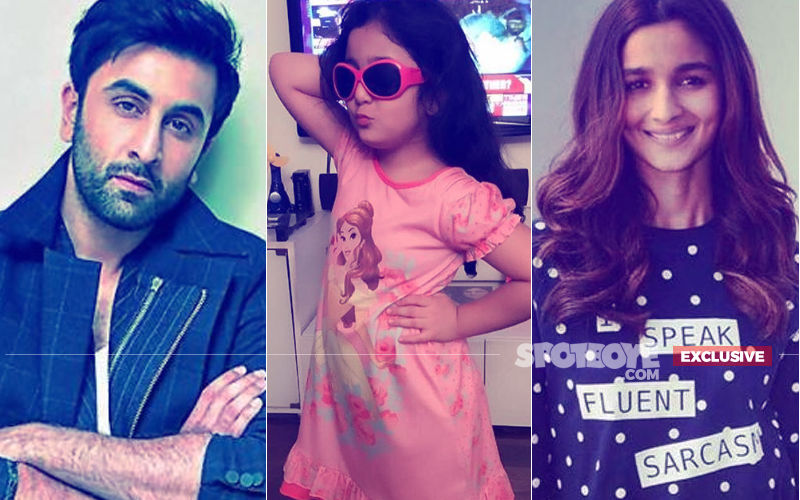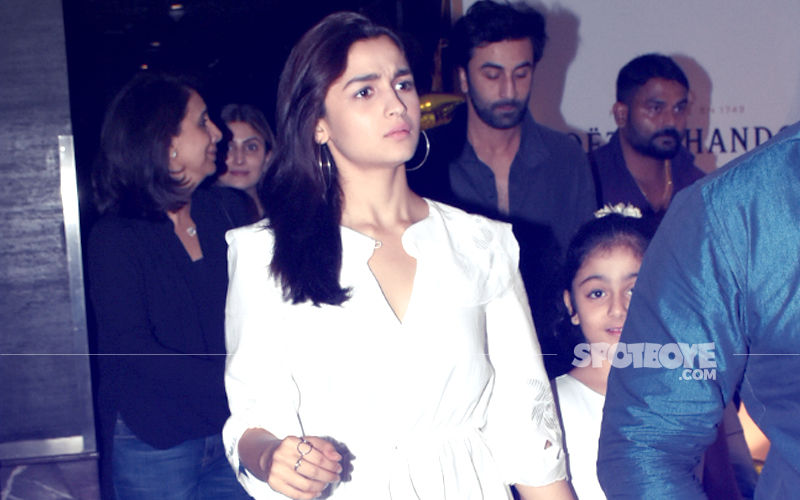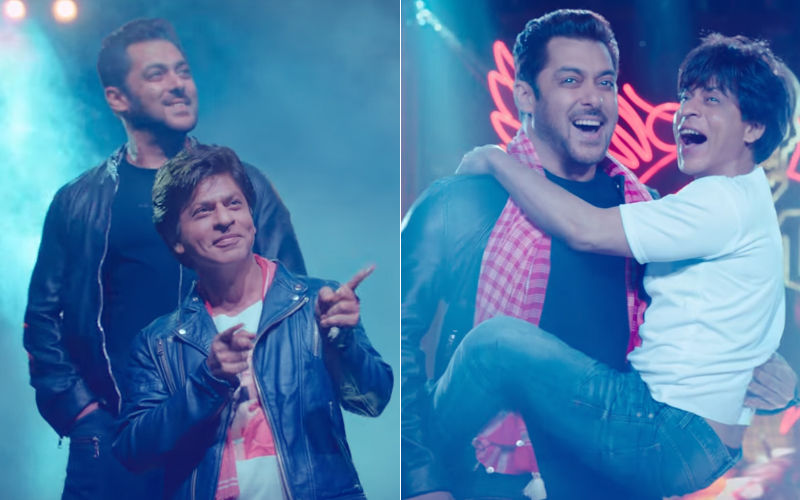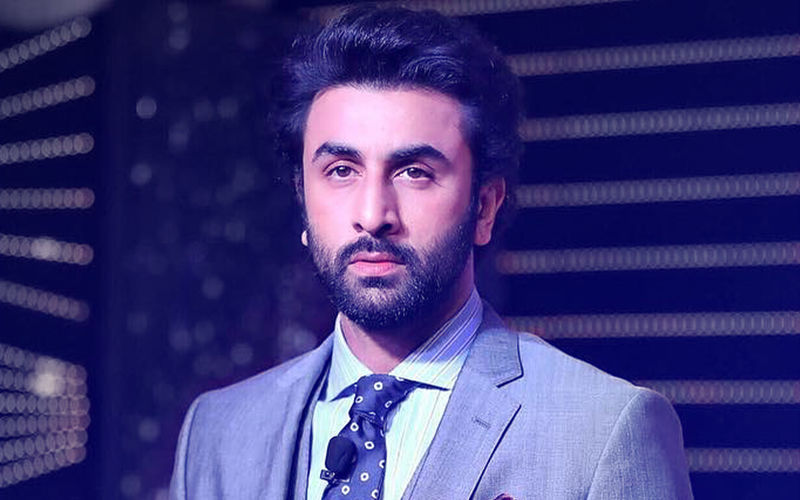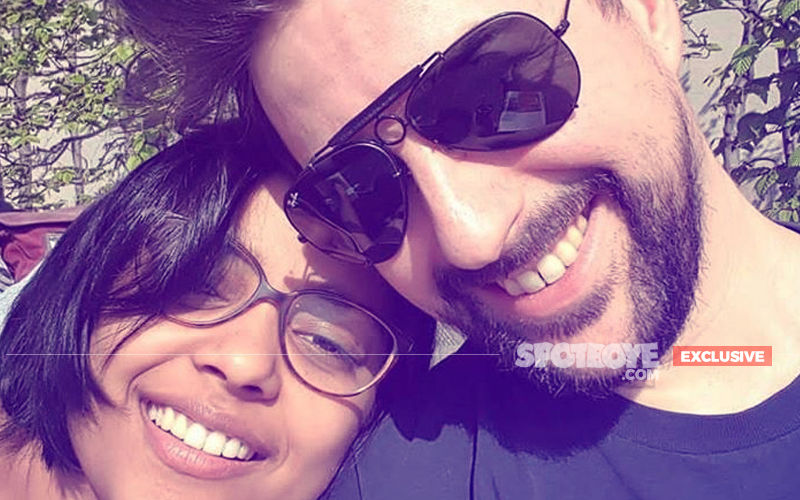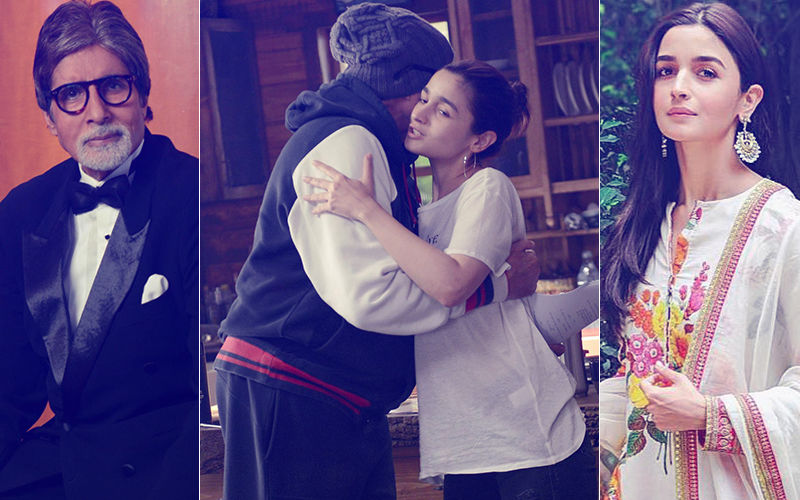Alia's Sister Shaheen On Anthony Bourdain & Kate Spade's Suicides: 'It Could Have Been Me'
After Deepika Padukone, Pinky Roshan and many other B-Town celebs, Alia Bhatt's sister Shaheen has opened up again on depression. Here's what she had to say...
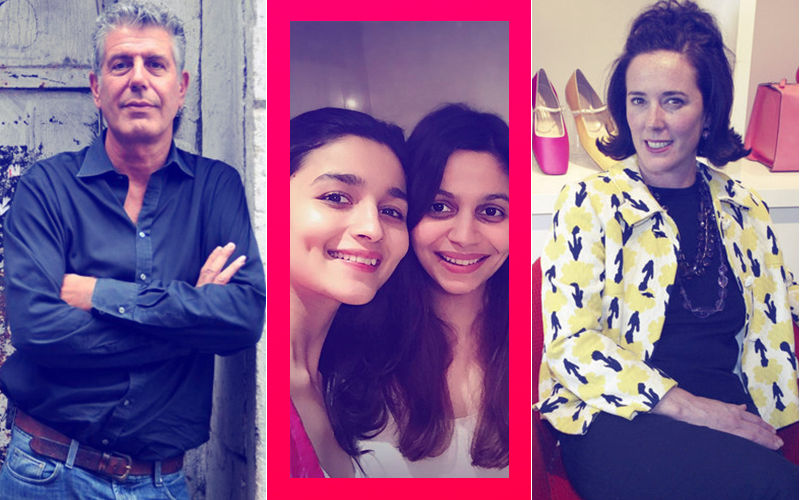
Suicides of chef and anchor Anthony Bourdain and designer Kate Spade have been plaguing the entertainment world. Talking about her personal strife related to the same is Alia Bhatt's sister Shaheen.
Shaheen you are brilliant! My sister has battled and lived with depression since she was 12. She speaks her heart out and without any hesitation addresses the giant elephant in the room - Mental health and the LACK of our understanding & acceptance! https://t.co/ih0PmzujYl
— Alia Bhatt (@aliaa08) June 14, 2018
Back in 2016, she had once opened up about depression.
Now, she spoke about the same in an open letter to Vogue magazine. Here's what she had to say:
On a snoozy, muggy, pre-monsoon afternoon I woke from a peaceful mid-day slumber to find my phone flooded with social media notifications and messages. At first glance, I was sure I had misread the headline, so I instinctively pulled my phone up close to my face to reread it. “Celebrity Chef Anthony Bourdain, age 61, found dead in his France hotel room from an apparent suicide”, the headline read.
As my mind slowly went from drowsy to wakeful, I struggled to piece together and make sense of the words staring at me from my screen. Unbidden, the first thought that flared from the hazy recesses of my mind was “Oh God, no. Not another one.”
It was only days earlier that the fashion industry (and much of the world) had been shaken to its core by the suicide of one its most prominent and recognisable designers, Kate Spade, at the age of 55. And now, once again, every news outlet was buzzing with the details of yet another sudden and shocking death.
As the news started pouring on global feed, my eyes filled with tears. A few minutes later, I was heaving with sobs. I love Bourdain, I’ve been a fan of his ever since I read Kitchen Confidential and I closely followed his shows No Reservations and Parts Unknown. I marvelled at his no-nonsense screen presence, his natural humour and his effortless ability to turn the foods he was eating into almost living, breathing characters. I love Bourdain, but that wasn’t the only reason I was crying. I was crying because every time I hear of someone who was unable to go on living with the darkness within them, I’m reminded of how that could have just as easily been me.
I’ve lived with depression since I was 12 years old and since then I’ve been suicidal on more than one occasion. I’ve experienced the sheer terror of contemplating a life filled with unrelenting anguish, and I’ve been consumed by the terrifying thought of having but a single means of escape from a bleak, unbearable future.
There is little worse than the knowledge that there have been countless others like Spade and Bourdain who have felt the same way and found the pain too unendurable to continue living. It is equally terrifying to know that this choice is not one they made in their 20s or 30s, but much later—a time by which one hopes to have found ways to douse the raging fires of depression.
“A bad airport hamburger can send me into a spiral of depression that can last for days,” Anthony Bourdain confessed on a 2016 episode of Parts Unknown. “I feel kind of like a freak and I feel kind of isolated.” I remember watching that episode and thinking “Yes. Exactly.”
That’s what depression is. Depression is a lousy hamburger that can instantly rob you of the will to live. It’s lying motionless in darkness for 48 hours, unkempt and unbathed. It’s shame. It’s isolation. And at its worst, depression leads to suicide.
Suicide is not a new or recent phenomenon, but it is on the rise. According to the WHO, approximately 800,000 people die due to suicide every year. That is one death every 40 seconds. These are staggering numbers, and they’re only increasing. It is expected that by the year 2020, one suicide will occur every 20 seconds. Of these suicides, more than 50 per cent are said to be caused by depression.
The statistics on depression itself are equally staggering. Globally, more than 300 million people live with depression and it is now the leading cause of disability worldwide.
Depression is everywhere, and still, it is nowhere. While there has been a definite upswing in conversation about depression and mental illness, it’s still such a taboo that we tend to talk about it in hushed tones and whispers. Despite its prevalence, there is a reluctance to discuss depression openly, and in the event that those living with it do discuss it, it’s frequently judged as gross oversharing or a penchant for drama.
A year and a half ago I chose to talk about my own experiences with depression on social media and even though I had never hidden that facet of my life, I was concerned about the judgement I would receive. Social media has given rise to a dangerous tendency to airbrush and filter our personal lives. There is so much value placed on false ideas of positivity and emotional prosperity that we present our lives as immaculate highlight reels entirely devoid of substance, and altogether devoid of the aches and pains of what it means to be human. There is strange irony in the fact that we live in such hyper-connected times, but we use that connectedness to actually communicate less and less. We rarely know what is going on with people, even our friends, until they post about it on Facebook or Instagram and even then, it is often written off as a means of getting attention rather than a cry for help or attempt at transparency that it really is. It is no wonder then that most people living with depression and other mental illnesses are afraid to admit they’re suffering or seek help.
After my social media ‘revelation’, I continued to wonder if depression was something I could consistently talk about. I worried that my identity would forever be linked to my illness and I would always come to be known as “that depressed girl” and nothing more. I noticed a very real fatigue in the people I attempted to confide in and was frequently berated for being negative and ‘bringing people down’.
I persevered though, determined not to back down from a conversation just because it was uncomfortable, determined not to be shamed or shushed into silence. I continued to ‘overshare’ and be painfully honest about why I wasn’t responding to people’s messages or avoiding their phone calls even if they were made awkward or embarrassed by my revelations. I persevered because while depression may not be my identity and it may not define who I am, it is a part of me, just like it is very apparently a part of the world around me.
We don’t like to talk about depression because there is nothing romantic or glamorous about feeling like you’re losing your mind; no attractive selfies are waiting to be taken when you’re curled up crying on the floor, no witty one-liners are floating around your mind to tweet for likes.
We don’t like talking about suicide because as animals, the very thought of taking our own life goes against every natural instinct we possess. Self-preservation is the number one priority of every living thing and wanting to end your life is unnatural, an aberration that flies in the face of everything we know.
We don’t like to talk about these things, but not talking about them is no longer an option.
Every day that we shy away from the subject, someone plunges further into their depressive hole, isolating themselves and believing they’re freaks. Every minute that we continue to stay silent we lose one more person to the horrors of depression and suicide. Every second that we choose comfort over reality we fail another Anthony and another Kate. Talking about depression is no longer an option, it’s a matter of life and death.
Not many people open up about depression with such ease, Shaheen. You're a brave girl!
Image Source:- Instagram/@shaheenb,npr,vulture
